#a stepmother’s fairy tale
Text
The second season!










3 notes
·
View notes
Text
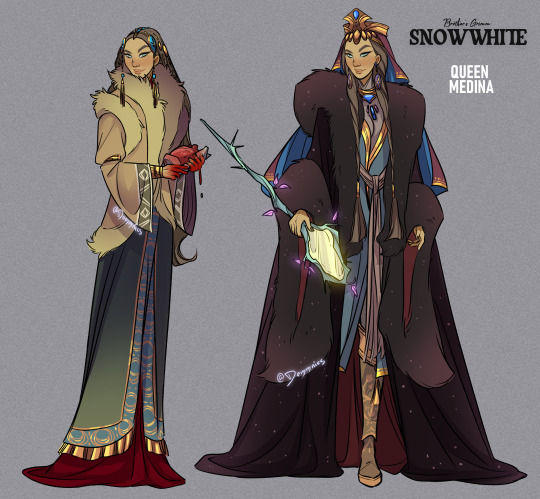
Here's my take on the wicked queen from the Brothers Grimm Snow White to accompany my Snow White design. It took forever to land on colours for the second outfit but I'm actually pretty happy with how these ended up. I gave her a hand mirror, just one out of many mirrors in her possession probably. I also gave her a name for my own headcanon of her.
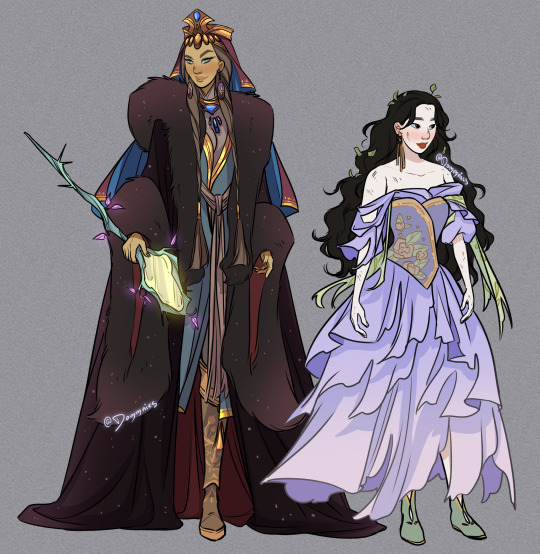
Here's the two together!
--
Check out more of my work on other platforms!
My Instagram -- My Twitter
#snow white#brothers grimm#fairy tales#fairytale#fairy tale#fairy tale art#fairy tale illustration#the brothers grimm#snow white and the seven dwarfs#princess#art#drawing#character design#redesign#dress#queen#evil queen#villains#wicked stepmother#grimms fairytales#literature#children's literature#fairy story#illustration#folklore#book art
353 notes
·
View notes
Text
I'm a grown adult woman. I do not get flustered or blush because of manhwa panels. I'm a strong grown up individual. I don't-
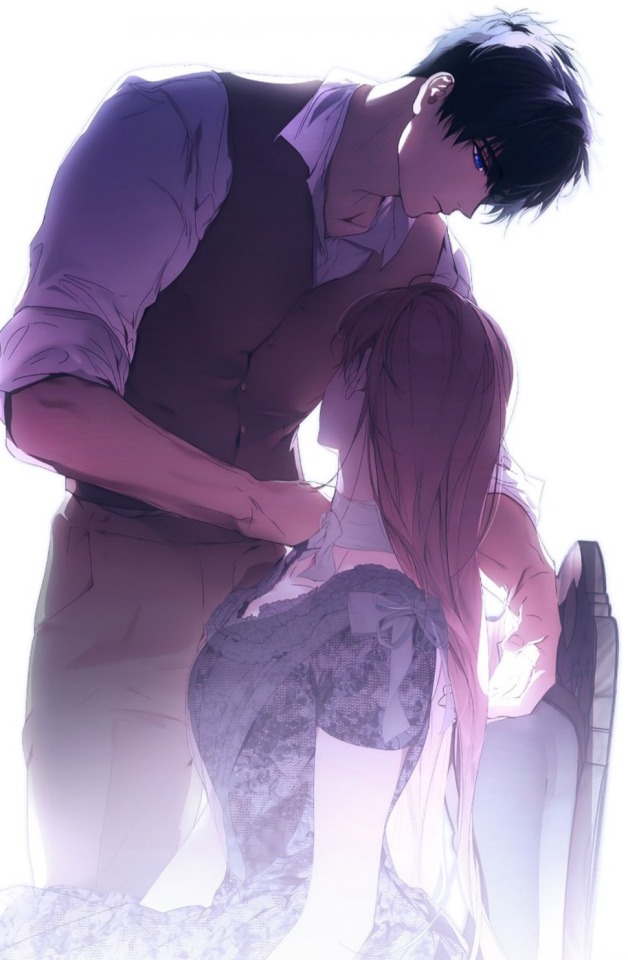
!!!*FVKING DIES ON THE FLOOR*!!!
#I'M WEAK#I'M SO WEAK#I'M WEAK AND PATHETIC#nora von nuremberg#shuri von neuschwanstein#nora x shuri#noshu#a stepmother's marchen#a stepmother's fairy tale#a stepmother's marchën#the fantasie of a stepmother#manhwa
224 notes
·
View notes
Text

A drawing of Ruby and Shuri made by the artist of How to get my husband on my side. It's beautiful to see my two beautiful girls together 😭💖
#rudbeckia de Borgia#how to win my husband over#how to get my husband on my side#a stepmother's märchen#a stepmother's fairy tale#a stepmother's marchen#shuri von neuschwanstein#rudbeckia van omerta#manhwa#manhwa woman#manhwa recommendation
624 notes
·
View notes
Text

I kind of have no excuse, but I accept myself for who I am
#art wip#a stepmother's marchen#a stepmother's fairy tale#sketches#cardinal richelieu#this fucking frollo like looking bastard i swear#I won't tell you how the canvas with this picture is called
209 notes
·
View notes
Text
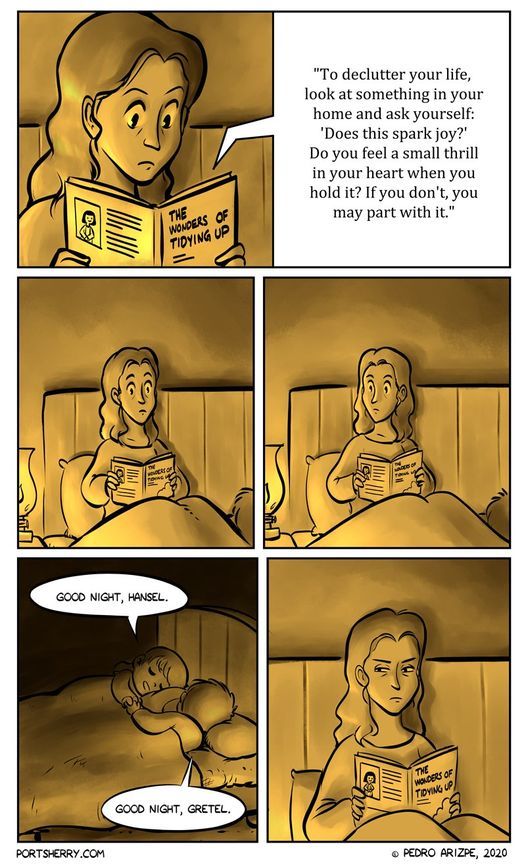
Not Mine. Thought to Share.
155 notes
·
View notes
Text
The stepmother can do what now
#starkid#cinderella's castle#SHE CAN WEAR THE SKIN OF HUMAN WOMEN#YOU ARE CORRECT MARIAH THAT IS FUCKING METAL#oh my god between that and neverafter!stepmother literally turning into an eldritch beast who eats people#we're really dialing up the horror of one of the most real and chilling fairy tale villains out there
72 notes
·
View notes
Text

shuri wip 🦁💛
#artists on tumblr#digital art#illustration#digital illustration#어떤계모님의메르헨#a stepmother's marchen#a stepmother's fairy tale#the fantasie of a stepmother#shuri von neuschwanstein#work in progress#art wip#fanart
149 notes
·
View notes
Text
Seriously what's w manhwa fans and cross-tagging? Do they not know how tumblr works or do they just not care?
I'm gonna start reporting every cross-tagged post I see under the “spam” umbrella.
Oh to not commit the same crime of cross-tagging myself I'm gonna make a list of which manhwas I have an AU of and which ones I don't.
The ones I have an AU for:
Who Made Me A Princess (my very first!)
Doctor Elise (unfortunately severely neglected no matter how fond I am of the AU somebody pls talk to me about it)
When The Villainess Loves (I have the basic premise down)
Villains Are Destined To Die (second biggest AU among my manhwa stuff)
The Villainess Reverses The Hourglass (kinda)
I Will Master This Family (ehhhh I probably need to rework it)
Actually I Was The Real One (Cosette I love you)
Beware of the Villainess (only beginning to form as I reread)
The ones I don't have an AU for:
Another Typical Fantasy Romance (practically perfect I love you)
The Monstrous Duke's Adopted Daughter (the side stories weren't my cup of tea but the main story was chef's kiss)
The Villainess Flips The Script (how could I possibly improve upon perfection LOL that thing is fucking hilarious)
A Stepmother's Marchen (I don't feel compelled to create for it, the story's great as-is)
There's probably a couple I'm forgetting in the yay department and definitely a lot I'm forgetting in the nay department (I have. read a lot. a lot of them suck.), it's been a long time since I killed my own sideblog, but oh well. Here's what I got so far anyways.
#who made me a princess#suddenly became a princess one day#doctor elise#the royal lady with a lamp#royal lady with a lamp#when the villainess loves#when the villainess is in love#villains are destined to die#death is the only ending for a villainess#death is the only ending for the villainess#the villainess reverses the hourglass#the villainess turns the hourglass#i will master this family#i'll be the matriarch in this life#actually i was the real one#actually i was real#beware the villainess#beware of the villainess#another typical fantasy romance#the villainess flips the script#i will change the genre#a stepmother's marchen#fantasie of a stepmother#a stepmother's märchen#a stepmother's fairy tale#disclaimer these fandoms are not necessarily the ones perpetuating this HOWEVER#due to the aforementioned cross-tagging it's practically impossible to track down what manhwa a post is about unless I've already read it#consider this a warning from someone who mostly uses tumblr for other things#individual manhwa tags are NIGH UNUSABLE bc of this cross-tagging
27 notes
·
View notes
Text


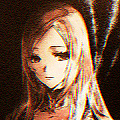
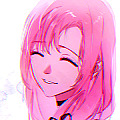




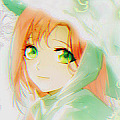

ㅤshuri ♡ a stepmother’s marchën 120x120 | pedido de @Lyora (spirit)
#spirit fanfics#120x120#icons#icons 120x120#social spirit#a stepmother's marchen#a stepmother's fairy tale#shuri von neuschwanstein#icons shuri
68 notes
·
View notes
Text
Some people say that Cinderella has been adapted too many times, but personally, I'm glad that so many different versions exist.
I've just been reading some of Tumblr's debates (mainly centered around Disney's 2015 film) about whether it's right or wrong for Cinderella to forgive her stepfamily in the end. Predictably, it's a controversial subject. This is one of the main reasons why I'm glad there are many adaptations of Cinderella. Each has its own unique tone and emphasizes different themes, which lead to different outcomes for the stepfamily in the end. So there's no single way that the story of Cinderella encourages real-world abuse victims to relate to their former abusers. From a wide array of different valid interpretations of the tale, we can choose the ones that we personally find the most resonant.
Here are just a few of the best examples:
Disney's 2015 live action Cinderella centers on Ella's resolve to "have courage and be kind," despite all the hardships she goes through. It's about staying true to your values against all odds. Lady Tremaine's own past suffering has made her bitter, selfish, and spiteful, and she would love to see Ella change in the same way, but Ella refuses. Hence her forgiveness of Lady Tremaine in the end serves as an empowering act; it's the ultimate loyalty to her value of kindness, and the ultimate proof that she'll never be like her stepmother.
Rossini's 1817 opera La Cenerentola likewise revolves around "the triumph of goodness." Although the emphasis is less on Angelina's choice to stay kind against all odds, and more on social commentary: i.e. that kindness and virtue matter more than social status, wealth, or power. So again, it's important that even after she rises to royalty and has the power to punish her stepfamily, Angelina stays true to her compassionate nature, forgives them, and saves them from the financial ruin they've brought on themselves.
Disney's 1950 animated classic, on the other hand, is less about staying true to your values than about hope in the face of adversity. While Cinderella's kindness is still important, the bigger emphasis is on her persistent faith in her dreams of happiness, and despite all of Lady Tremaine's efforts to crush it, her optimism wins. In a story that's first and foremost about faith and hope, it doesn't matter whether the villains are forgiven or punished. Hence the stepfamily is simply absent from the happy ending.
The 1997 remake of the Rodgers and Hammerstein musical, on the other hand, has its Cinderella learn to do more than just dream of a better life, and learn that she deserves to be loved and has no obligation to her abusers just because they're her "family." Hence the climax where she finally resolves to run away, which leads to the Prince discovering her outside just in time, and the ending where the castle gates are slammed in the stepfamily's faces.
The original 1957 version of Rodgers and Hammerstein's musical has a similar arc for Cinderella, culminating in her running away. But the script's tone is more playful and satirical as a whole. So in the end, the stepfamily is allowed to attend the wedding, fawning obsequiously over Cinderella now that she's a princess, and it seems that they'll always be a part of the royal family's lives as annoying yet harmless in-laws, much like Jane Austen antagonists.
1955's The Glass Slipper, which averts the traditional gentle and kind Cinderella and instead lets Ella be an angry, unsociable rebel, isn't about any of the above themes. Instead it's the tale of an emotionally scarred, self-hating outcast who finally finds love and acceptance and who learns to open her heart to it. The stepfamily's role in this version is understated, so seeing them reluctantly curtsey to Ella near the end is all the closure we need for them.
1998's Ever After has its heroine come into her own as a strong, clever, idealistic woman who will be an excellent future queen, and teach her prince to be a better future king too. Hence her settling her stepfamily's fate in a way that combines regal diplomacy and mercy with justice: reducing their sentence from deportation to the tit-for-tat punishment of being reduced to servants. The fact that Baroness Rodmilla not only abused her, but sold her into slavery to a lascivious man, makes it all the more appropriate that Danielle doesn't forgive her: an act like that crosses a certain line.
All of these different twists are valid. Each adaptation's different themes suit the story well, and each different ending for the stepfamily fits the tone and themes of the adaptation. None should be taken as the ultimate message of how to deal with abusers. But I'm glad that they all exist and offer different perspectives to explore and choose from.
#cinderella#fairy tale#adaptations#themes#cinderella's stepmother#cinderella's stepsisters#tw: abuse mention
92 notes
·
View notes
Text
Some of my favorite A Stepmother's Marchen scenes that I could remember off the top of my head

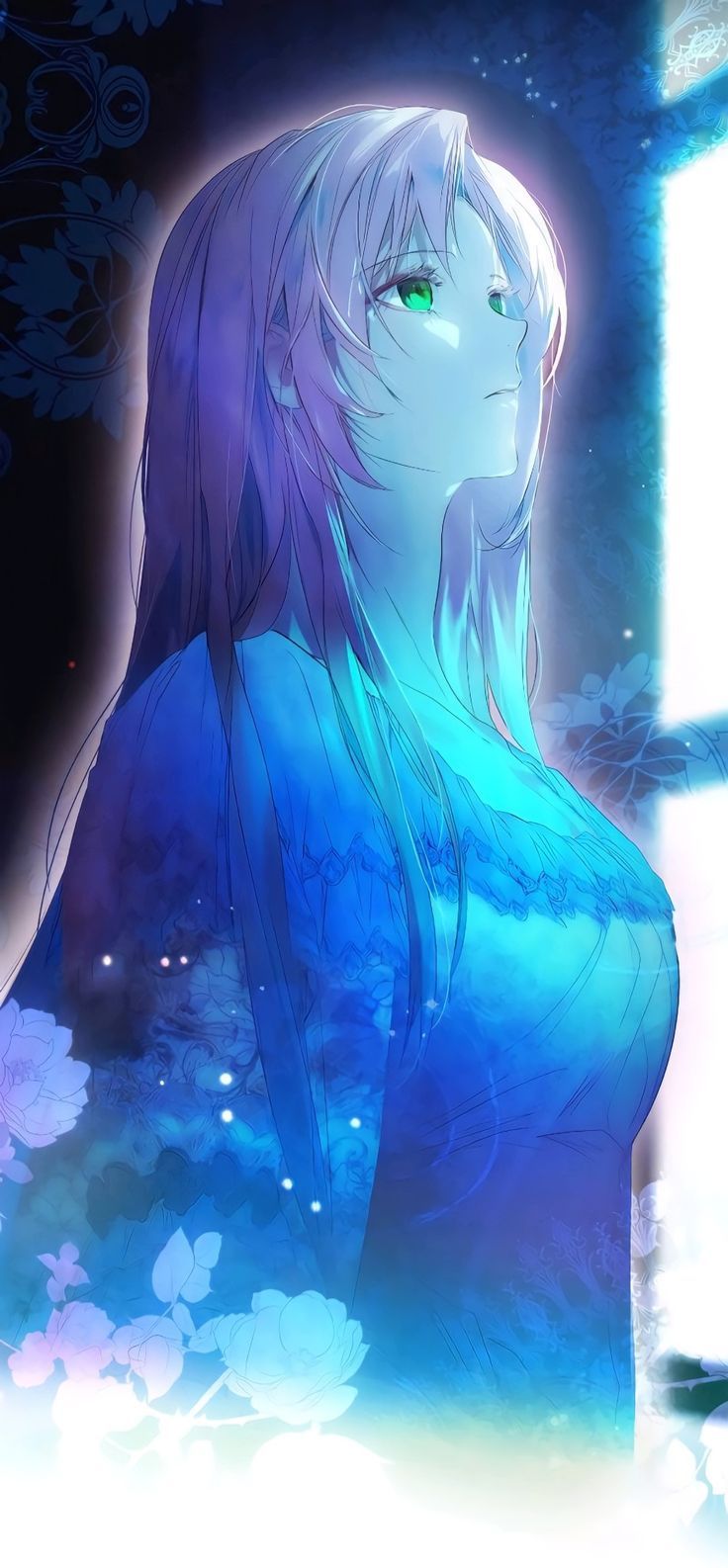

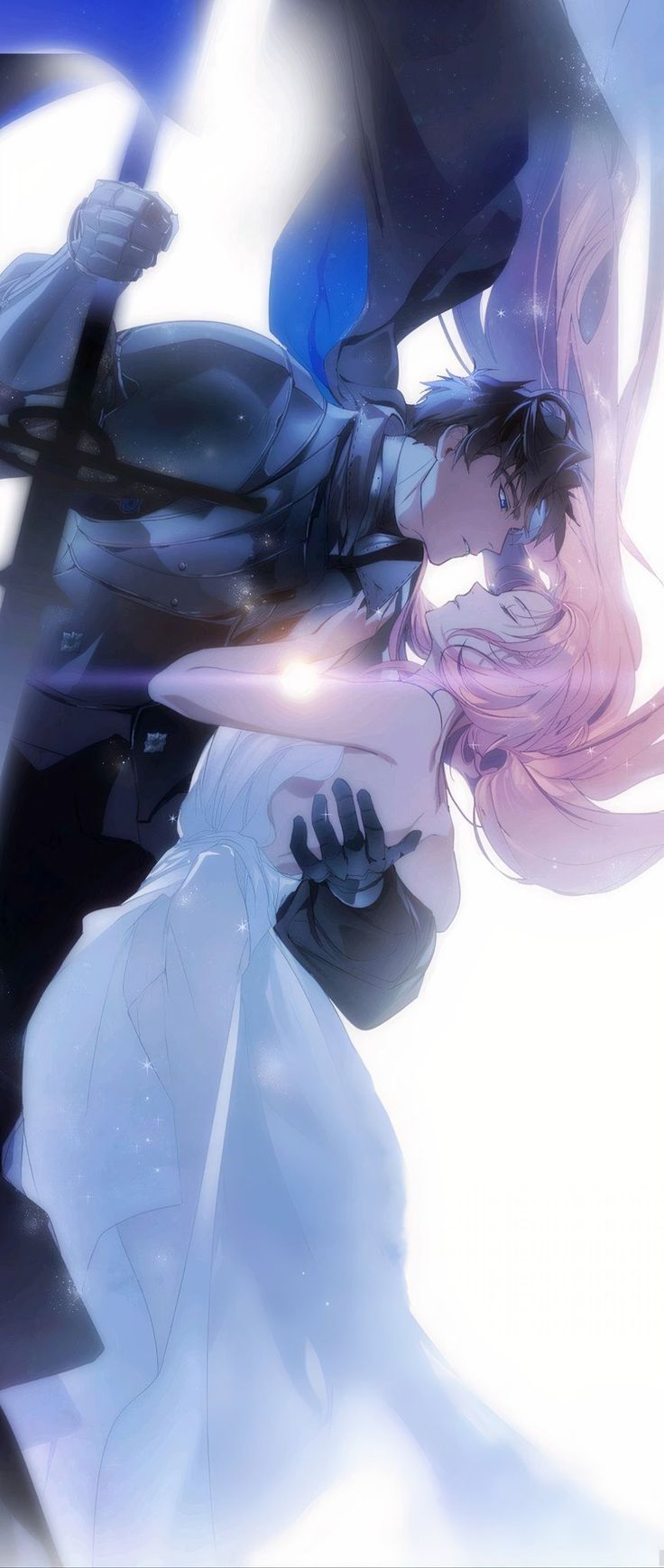
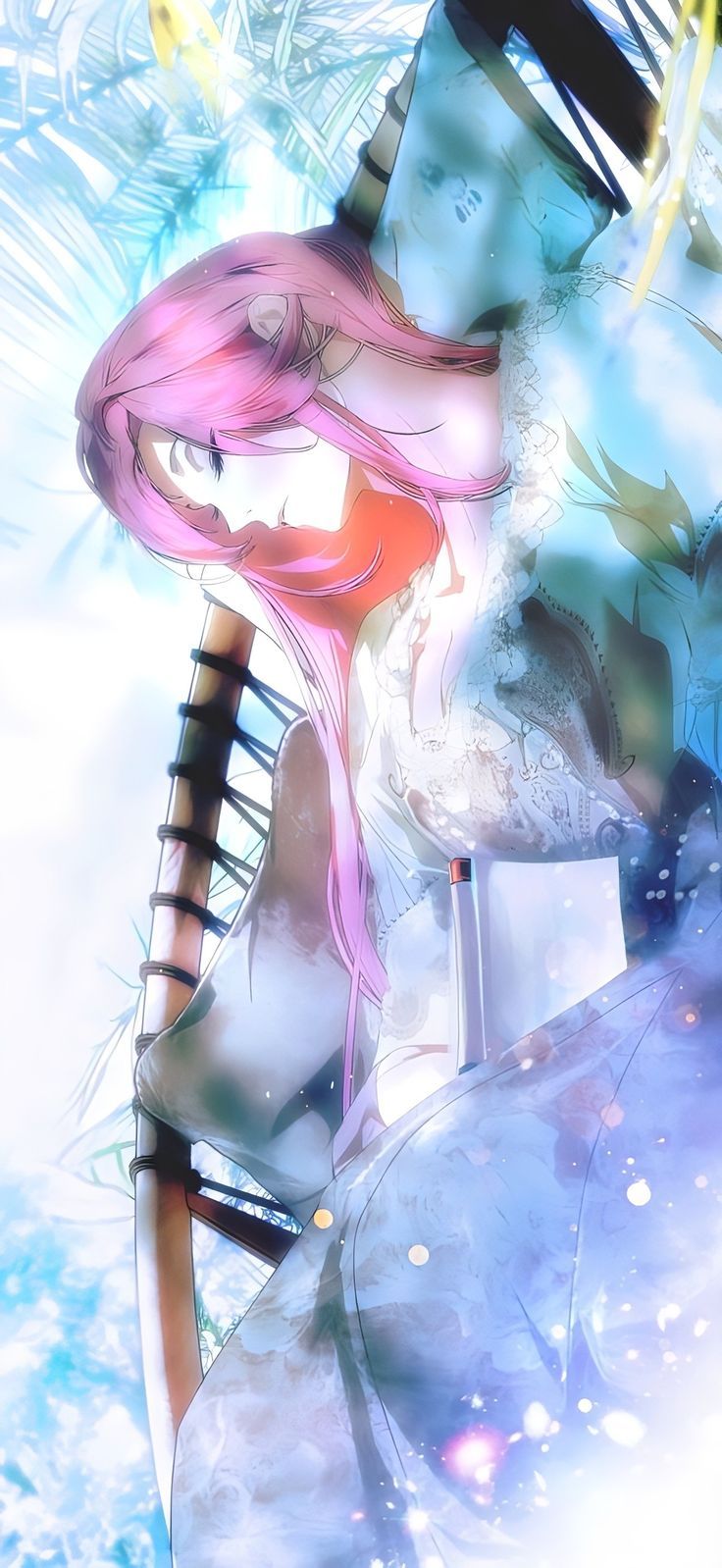
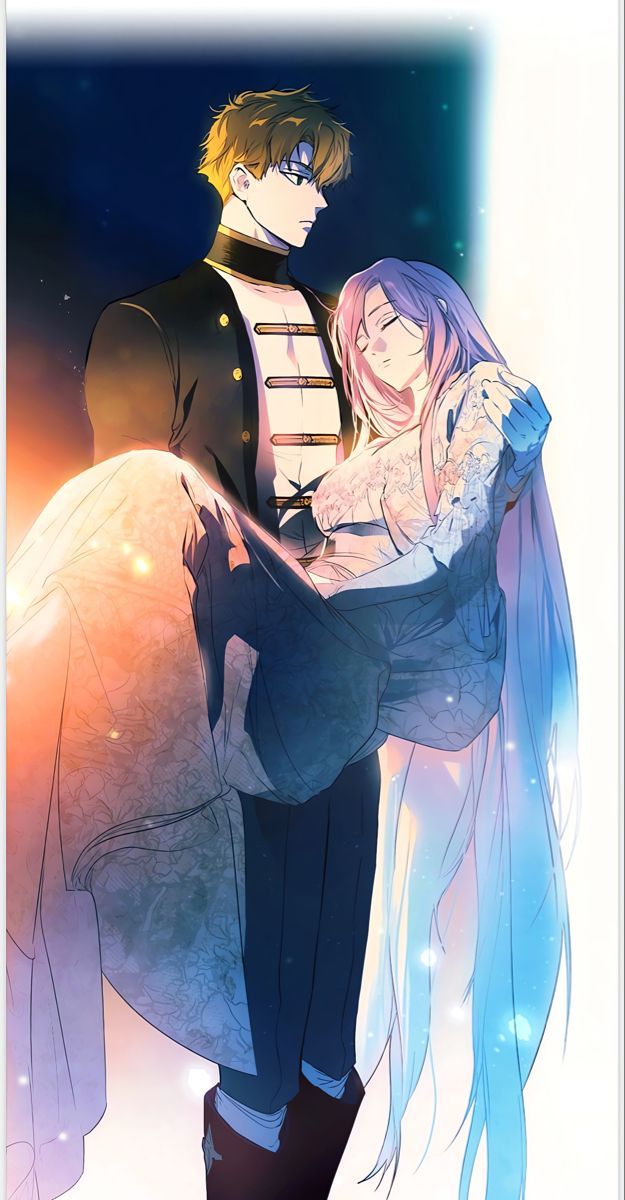
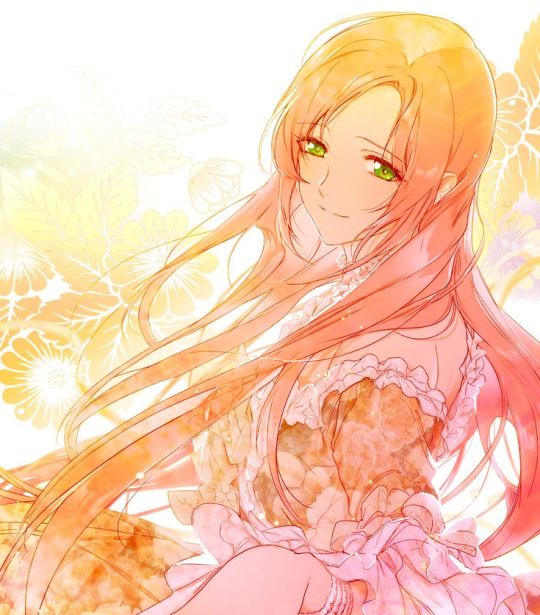

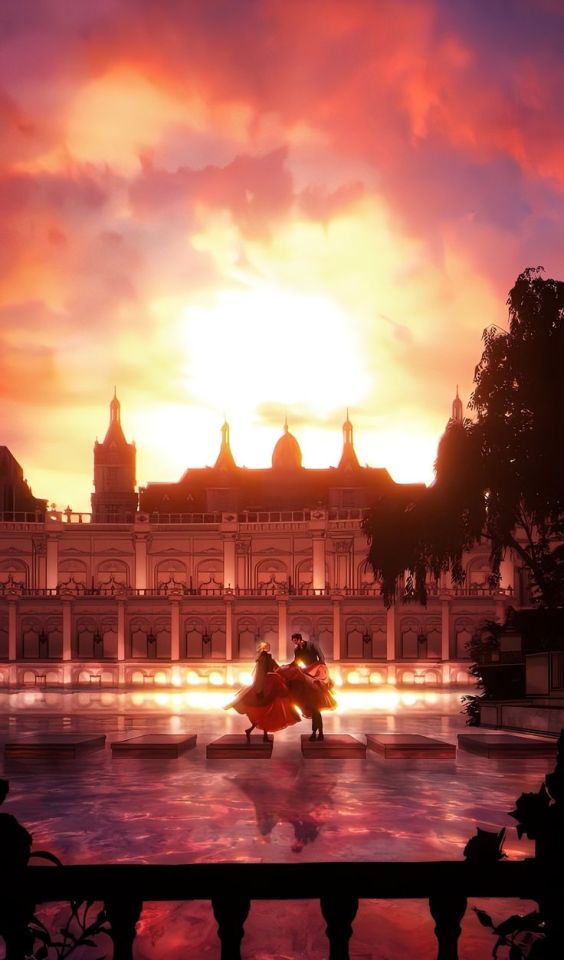
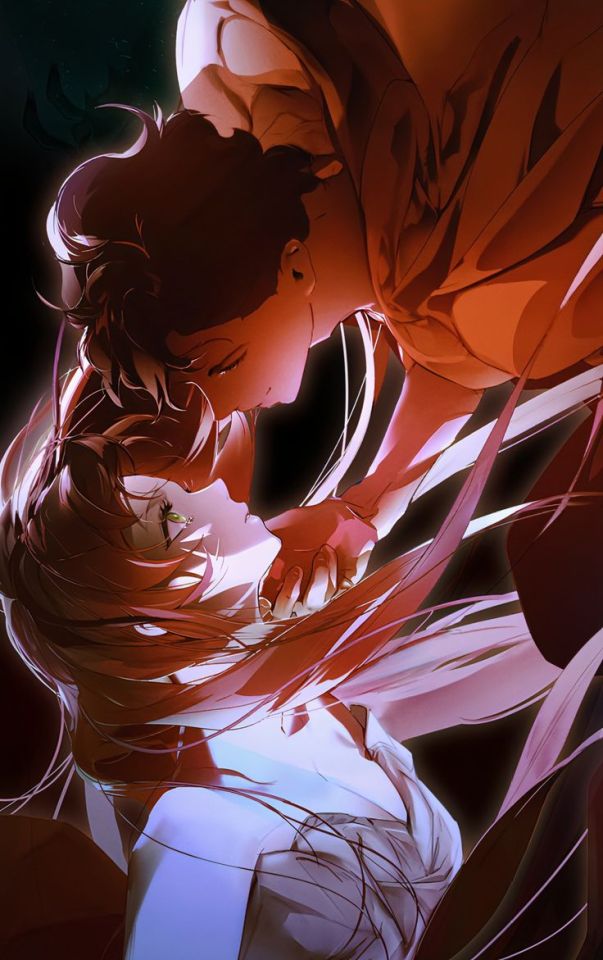


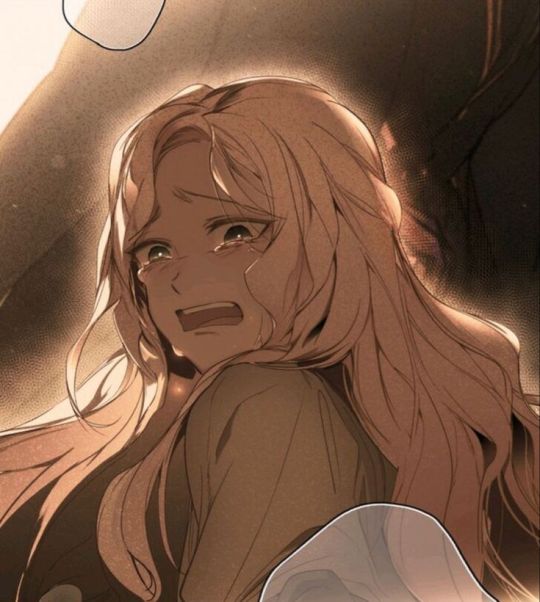
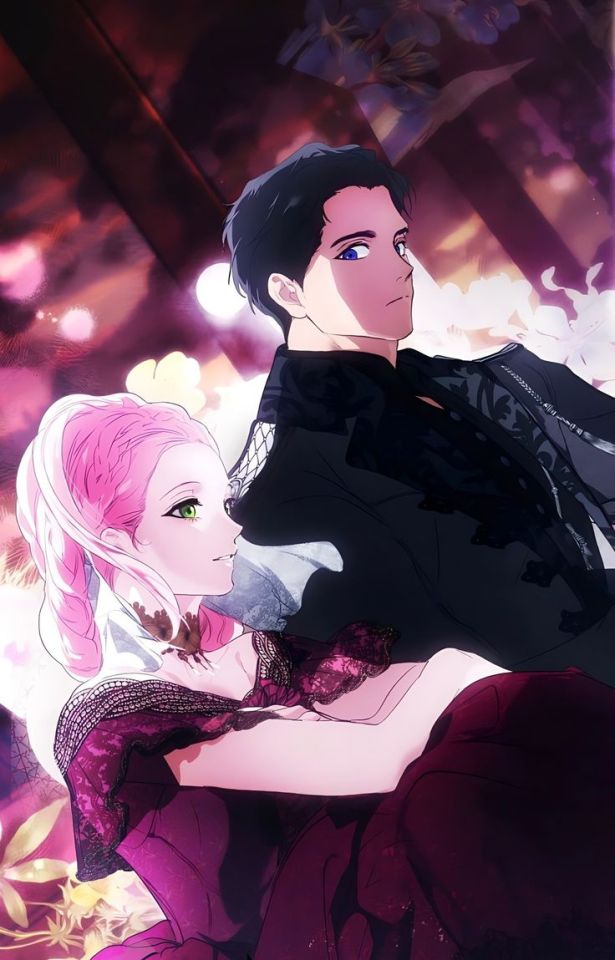
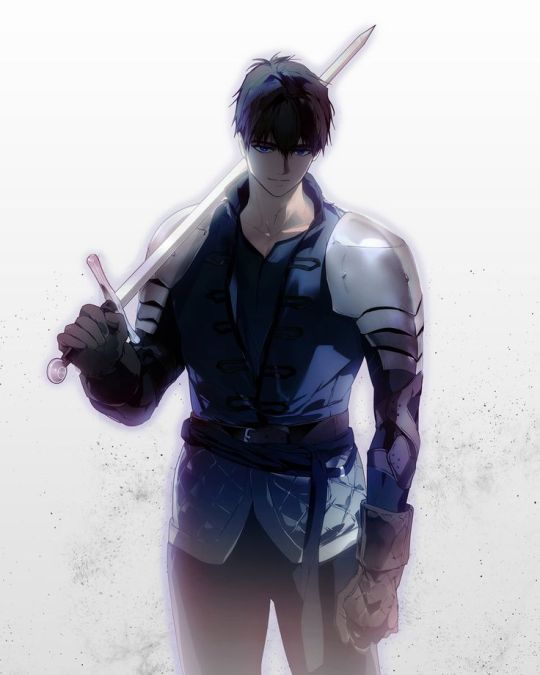

There are more but I'll reach the image limit if I try to include all of them
Art does not belong to me, if I could draw like this I would be drawing nonstop
95 notes
·
View notes
Text


Jeremy: Bombastic SIDE EYE! Criminal offensive SIDE EYE!!
#jeremy knows#he's done with their shit before it even begins i love him#shuri von neuschwanstein#shuli von neuschwanstein#nora von nuremberg#jeremy von neuschwanstein#a stepmother's marchën#a stepmother's marchen#a stepmother's fairy tale#the fantasie of a stepmother#manhwa
394 notes
·
View notes
Text

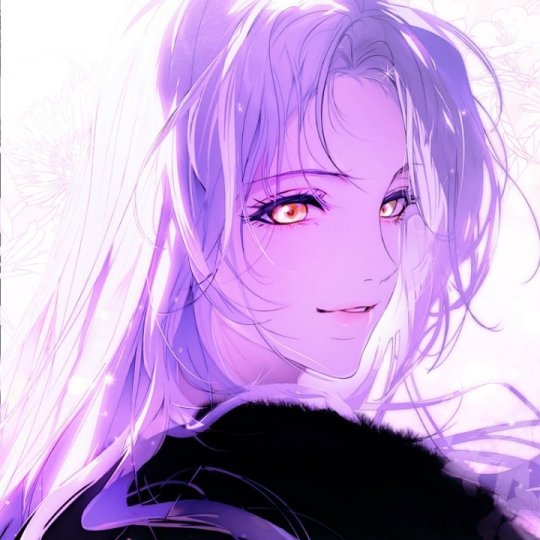
You got your devious side from your mama
23 notes
·
View notes
Text
She comes in the clothes of your mother, her arms full of welcome, her smile full of teeth. My child, she calls you, my sweet one, my darling, but the words are smoke, stinking as they waft from the cheerful crematorium of her mouth.
Welcome her, dear child, your father tells you. This is my wife.
My wife, he says and not your mother. Your mother is dead. This woman is a stranger. But you are a good girl, everyone says so, and you desperately want to be loved. You unbar the door of your home, and as she enters, you gift her your smile.
Welcome home, you say.
The first day, she feeds you milk and sweet honey cake, stroking your hair as you sit to eat it. Such beautiful hair you have, everyone says so, thick and long like your mother's. Her fingers tangle in it, pulling. What a beauty you are, she says, smiling, and only you hear the gluttonous hunger in her praise. She is a wolf in the clothes of your mother, and her claws are caught in your hair. Such a beautiful child.
The second day, she feeds you bread. Slower, child, she chides you, laughing. Eat slower, or you'll choke. The idea seems to amuse her, this unmother, with her hungry eyes and her dead woman's clothes. You wonder what she sees when she looks at you. You know that you don't want to know.
The third day, she feeds you crumbs.
Perhaps she is a witch. Perhaps she is not. Either way, she is hungry. She devours every scrap of love in your house, licking the juice from her fingers and looking to you for more. She will eat you too, you realize, in spirit if not in fact. You have too much of your mother’s appearance, too much of your father’s love, too much that isn’t hers. She strips it from you with cold words and harsh labor, cracking open the bones of your joy to make her soup. Then she shares the soup with your father, and he, too, eats.
What's wrong? your father asks you. Ungrateful child, see how hard she works for you, how happy she makes me. Why are you so difficult? Don't you want your father to be happy? And he is, he is happy, that's the worst of it. You were not enough for him, but she is. He kisses her cheek, and she beams at him, her hands sharpening a knife—for the vegetables, child, for the meat, nothing more—
No one believes you.
You were dear once, but now you are a burden. You were a beauty, but now you wear rags. She gives you impossible tasks, and you complete them. You give her your obedience, then your silence, then your fear. Whatever you give her, it isn't enough. Lazy girl, sullen, ungrateful, underfoot –with these words, she makes you the stranger, until even your father sees you with poisoned eyes. When at last she sends you into the woods, he makes no protest. Neither do you. You are a good girl, everyone once said so, and perhaps the beasts won't kill you. Perhaps if you achieve this, she will love.
She won't, of course. Even there, her hunger pursues you: a huntsman's knife, a poisoned pool, the slow slaughter of a mazelike path. If she is a witch, her power transforms you. If she is not, you are equally lost. The brambles snatch at your ragged clothing, and the cold bites at your tender skin. She doesn't want you to return, you realize, not to her cottage, her palace, her inn. She has burned your home to cook a feast on the embers, and when she serves it to your father, she will fill no plate for you.
You lose your way first, and your hope after. Sometimes, you lose your life. But you do not lose your beauty, and that is what saves you. A man comes, a prince, with a hunger of his own—a gentler hunger, that tastes but does not consume. You startle at his kiss, distrustful, and he looks at you with pity in his eyes.
Come with me, dear one, your savior tells you. Be my wife.
You are a good girl, not a strong one, but there is power in being my wife. She herself has taught you that. You embrace your savior and thank him, weeping like the child you should still be. Then you take his hand and his offer, and together, you leave the beasts behind.
Perhaps she is punished. Perhaps she is not. Either way, she never leaves you. Her shadow is a cloak upon your back, a drape above your children’s cradles. As she gave you nothing, you give them too much. As she drove you out, you do not let them leave. Your teeth are not for tearing, but neither were your mother’s, and a wolf came for you all the same. You burn yourself beside their beds like a candle, but her shadow only grows. In every illness, every mishap, you feel claws in your hair, someone waiting to take what is yours.
What's wrong? your husband asks you. Silly woman, see how hard I work for you, how happy you make me. Why are you so difficult? Don't you want to be happy? And you do, you do want it, more than anything. You build a new family. You count your blessings. Like Orpheus, you try not to look back.
But in your dreams, a woman comes hungry—her arms full of welcome, her smile full of teeth:
My child, my sweet one, my darling.
Welcome home.
54 notes
·
View notes



